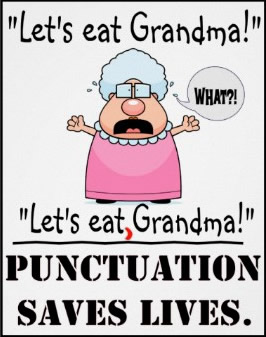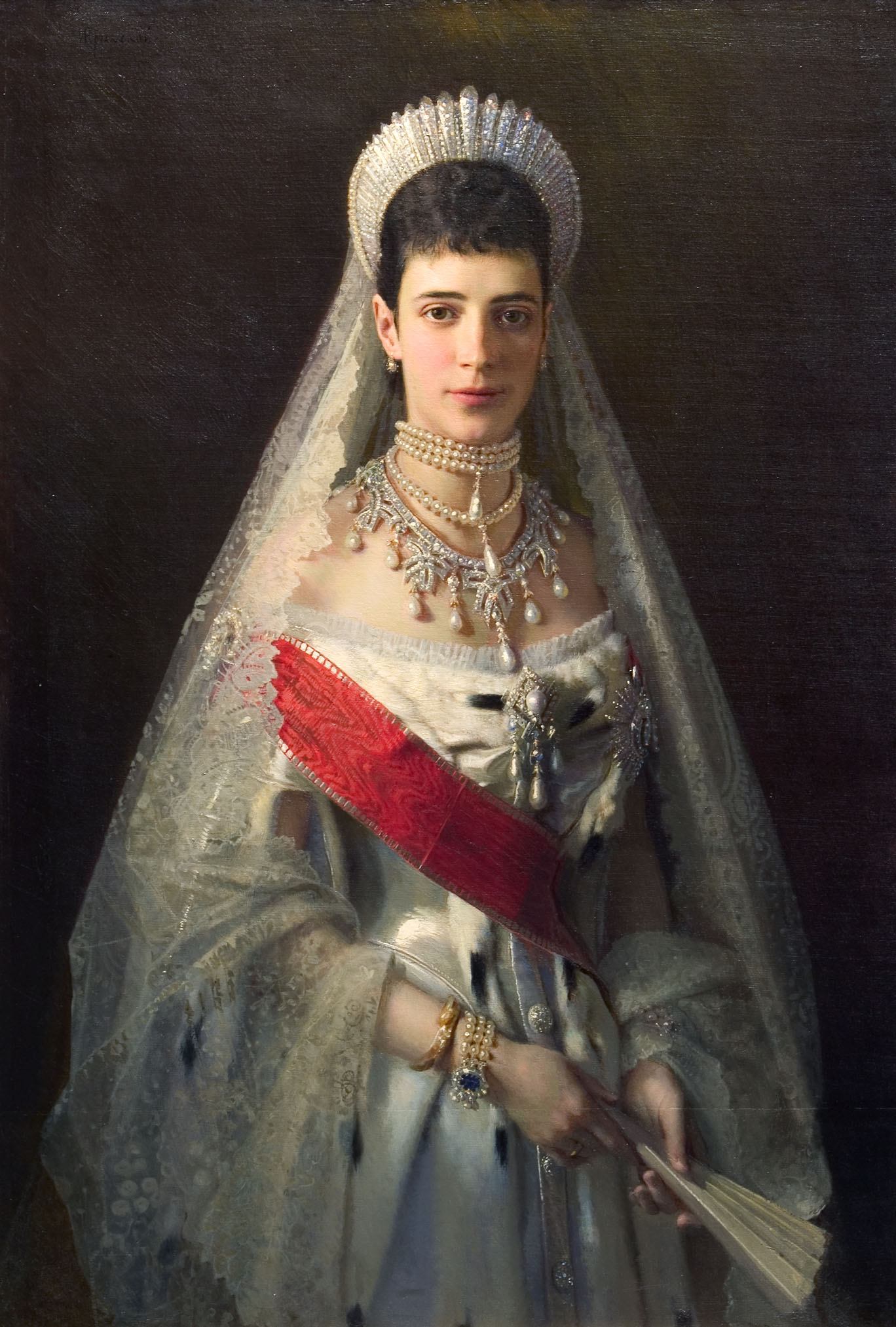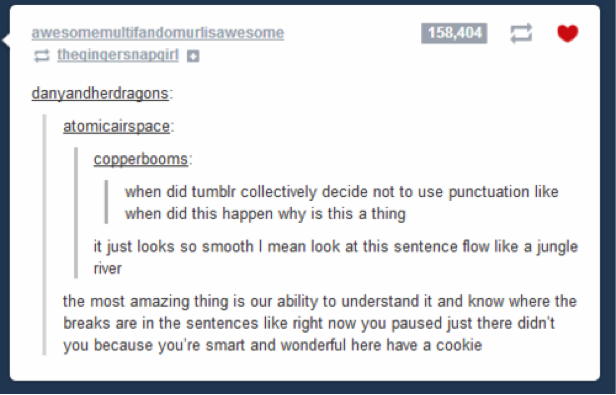Punctuation saves lives!
Posted on Feb 11, 2015
[caption id="" align="aligncenter" width="266"] Source: pinterest.com[/caption]
Source: pinterest.com[/caption]Move aside, old grammar joke. That’s not what I meant.
[caption id="" align="aligncenter" width="1368"]
 Source: commons.wikimedia.org[/caption]
Source: commons.wikimedia.org[/caption]This is Maria Fedorovna who, if stories on the Internet are to be believed, saved a man’s life by using a comma. Literally.
Tsar Alexander III ruled Russia from 1881 to 1894—an unsympathetic and autocratic ruler. Maria, on the other hand, was known for her generous nature. The famous incident occurred when the tsar had signed an order that condemned a man, an alleged traitor, to life in exile. Against the man’s name was written ‘Pardon impossible, to be sent to Siberia’. Maria scratched out the comma and re-inserted it so that the line read, ‘Pardon, impossible to be sent to Siberia’. The man was set free.
Now, although there is no historically accurate source to vouch for this story, it’s a neat little anecdote that proves just how important punctuation can be. But that doesn’t stop us from wanting to scratch our eyeballs out when we have to punctuate a long sentence full of clauses and lists. And this, in turn, leads some of us to go on a rant about who really cares where commas and hyphens go. As long as the meaning is clear, isn’t that all that matters?
Well, yes.
[caption id="attachment_884" align="aligncenter" width="300"]
 Source: tumblr.com[/caption]
Source: tumblr.com[/caption]We could just go on writing without worrying about punctuation because commas are so annoying and who cares about the Oxford comma why are editors still debating about that but trying to read words written no matter how artfully without punctuation will fail to make any sense and reading in itself will become such a chore that we may have to resort to a cheat sheet to decode what the writer is trying to say and the cheat sheet will consist of punctuations duh
I don’t know about you, but I certainly went blue in the face reading that. I don’t know what it is that makes some people use punctuation with gleeful abandon, while others treat it like some form of anthrax. But here’s the thing, assuming that we are writing to communicate with another person, rather than simply to please ourselves, then our paramount concern must be whether the reader will understand the writer’s intention. And punctuation is how we ensure (or try to) that the intention is conveyed. Punctuation ensures that our words mean to the reader what they mean to us. We are essentially doing on paper what we do with our voices.
And yet, there was a time when punctuation did not exist. The earliest written text had no punctuation. The orator would read aloud to people, pausing and deciphering text as he read. We seem to have come a full circle now. Increasingly, in modern communication, be it social media or texts, punctuation is becoming more and more obsolete. It may be because of the need to make written communication more similar to spoken conversation (I’m saving that for a separate rant) or because it’s just the current fashion. There’s also the interesting development of how punctuations are being repurposed to signify various emotions. The period, one of the first punctuations to enter written text, now signifies anger when you use it while texting.
George texts his girlfriend:
I know we were supposed to go out for our anniversary, but wouldn’t it be more romantic to stay in instead?
His girlfriend replies:
We could do that.
George needs to prepare for an evening of hostile stares.
Then there’s the ellipsis which can now be used to convey a whole range of different emotions from scepticism to anger to unfinished dialogue.
George texts his girlfriend again:
Are you mad?
His girlfriend replies:
No...
George should prepare for a fight.
Take Tumblr for example. Anyone who’s ever been on that site will immediately notice their distinctly unique language.
Of course, with written communication constantly evolving, this can be a debate about all formal conventions and standardization of language being obsolete. But let’s not get into that.
Punctuations are supposed to imply in words what we would in speech. But speech, too, more often than not, fails to convey our true meaning to the listener. Which reminded me of Victor Borge. For those of you who haven’t had the joy of knowing this man, Victor Borge was a Danish musician and comedian. His sophisticated brand of stand-up included a famous skit called Phonetic Punctuation. ‘When we write, we use punctuation marks in order to underline the meaning of our sentences,’ he said. ‘But we do not have that support when we speak,’ and so, he created different sounds for different punctuation marks to ensure that our intended meaning is made indisputably clear.
https://www.youtube.com/watch?v=6bpIbdZhrzA
So which is it? Are punctuations essential or is language just fine without those annoying squiggles? I’d say both. They serve a purpose, both in formal text as well as in social media and IMs or texts. And who knows, maybe someday in the unforeseeable future, humans will develop a language that will do away with the mess of punctuations, syntax or grammar, just like some other unloved punctuations went extinct.
Punctuation marks may be running their course and we, at this point, may not be able to do anything to save them from their sorry fate. So as a small compensation, I vote these punctuation marks stage a dramatic return!
[caption id="" align="aligncenter" width="620"]
 Source: mentalfloss.com[/caption]
Source: mentalfloss.com[/caption]My favourite? The Interrobang!
What‽ You haven’t heard of the interrobang‽
Neha Potdar
Leave a comment ×